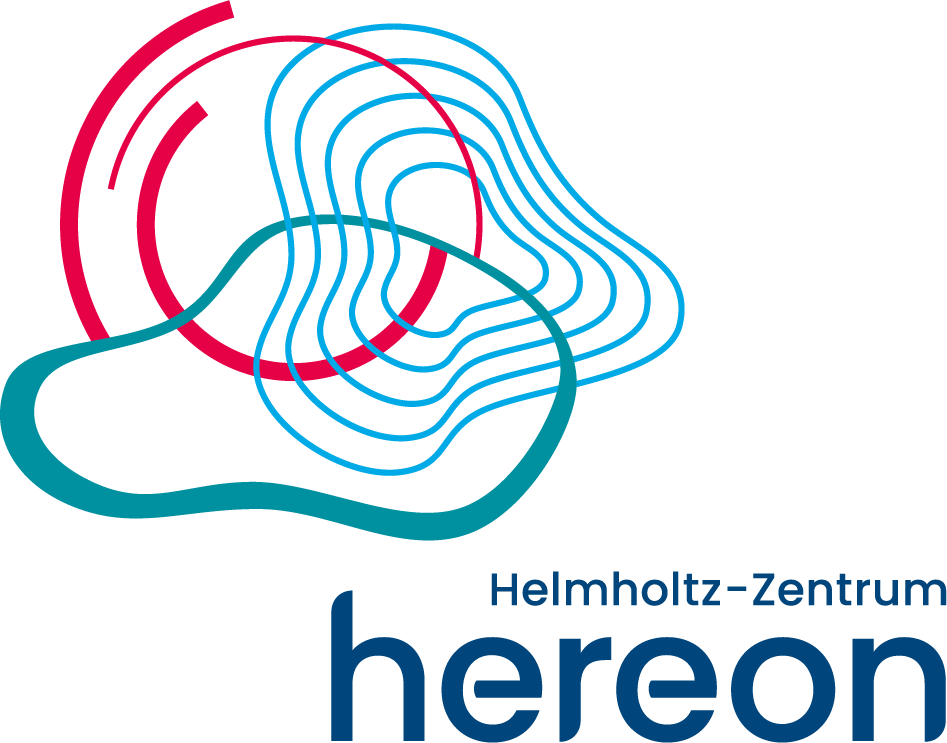MLZ is a cooperation between:
 > Technische Universität München
> Technische Universität München > Helmholtz-Zentrum Hereon
> Helmholtz-Zentrum Hereon
 > Forschungszentrum Jülich
> Forschungszentrum Jülich
MLZ is a member of:
 > LENS
> LENS > ERF-AISBL
> ERF-AISBL
MLZ on social media:

MLZ (eng)
Lichtenbergstr.1
85748 Garching
Classes by Prof. Hugenschmidt
Physics with Positrons I
This module gives an introduction to positron physics with its applications in materials science, solid state physics and surface physics. After a historical outline, different techniques for producing positron sources and mono-energetic positron beams are introduced. The interaction of positrons with matter is described to show how positrons are used as probe particles to investigate crystal defects on an atomic scale. In addition, the generation and annihilation of positronium is explained. Surface investigations are discussed in order to demonstrate the specific differences compared to techniques using electrons. Then a systematic overview of crystal defects and the characterization of the free volume of amorphous solids is given. Various radiation and particle detectors will be presented and their use for positron experiments will be discussed. Finally, different spectrometers will be presented to investigate defect types and concentrations. In particular, the measurement of positron lifetime in solids will be discussed in detail. (Link to the TUM Course)Physics with Positrons II
This module is the continuation of the module Physics with Positrons I (PH2075) in which the measurement of positron lifetime was last presented. In comparison to this, measurements of electron momentum distributions and element distributions around open-volume defects with (coincident) Doppler broadening spectroscopy are discussed first. With higher momentum resolution one can determine the electronic structure (Fermi surfaces) of solids by measuring the angular correlation of the annihilation radiation. The advantages of this method, in particular using the positron spin polarization, are compared with complementary techniques. Then, highly sensitive positron methods for structure investigations and elemental analysis of surfaces will be presented. Basic experiments on leptonic bound states with positrons and applications in atomic physics will be discussed. Finally, processes for the production of antihydrogen and fundamental experiments are explained. Current research results will be discussed and an outlook on future experiments will be given. (Link to the TUM Course)Seminar on Experimental Methods in Solid State Physics
Joint Seminar of Prof. C. Hugenschmidt and Prof. C. Pfleiderer (Link to the TUM Course)Seminar on Positron Spectroscopy: Theory and Experiments
(Link to the TUM Course)Lab Courses
FOPRA Experiment 60: Positron-Lifetime Measurements in Solids (Link to the TUM Course)FOPRA Experiment 86: Measurement of the Fermi Energy by the Angular Correlation of Gamma-Radiation from Annihilation of Electron-Positron Pairs (Link to the TUM Course)
Bachelor and Master Theses 2024
Bachelor Theses: > Imaging Positronium by Coincident Gamma Detection > Imaging Positronium with a Collimated Height-Adjustable Detector > Optimization Methods for Material ScienceMaster Theses:
> Measurement of the Age-Momentum Correlation of Positrons in Matter
> Calculation of the Electron-Positron Momentum Distribution at Lattice Defects
> Electrostatic Positron Beam Guiding
Please send applications to Prof. Christoph Hugenschmidt.
Head of Research Group
Prof. Dr. Christoph Hugenschmidt
Phone: +49 (0)89 289-14609
E-Mail: christoph.hugenschmidt@frm2.tum.de
Physics with Positrons
> Home
> News
> Team
> Research
> Publications & Presentations
> Teaching
> Photo Gallery
> Funding
> Useful Links
MLZ is a cooperation between:
 > Technische Universität München
> Technische Universität München > Helmholtz-Zentrum Hereon
> Helmholtz-Zentrum Hereon
 > Forschungszentrum Jülich
> Forschungszentrum Jülich
MLZ is a member of:
 > LENS
> LENS > ERF-AISBL
> ERF-AISBL
MLZ on social media:


